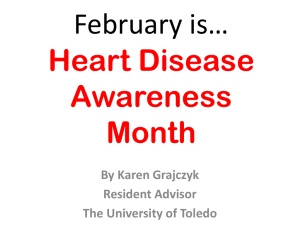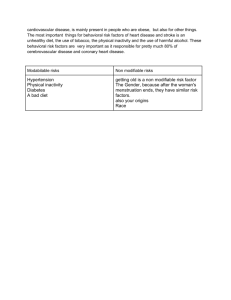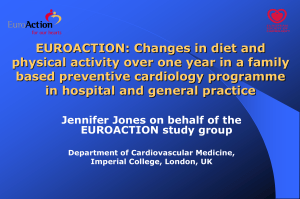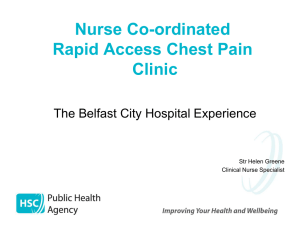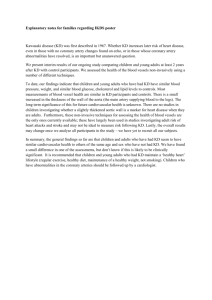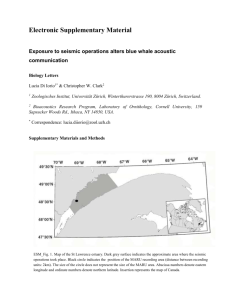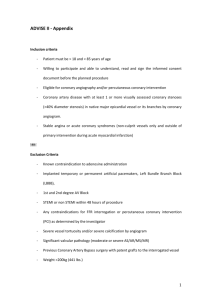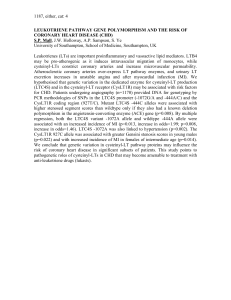Century Health Study will combine research with diet, testing
advertisement
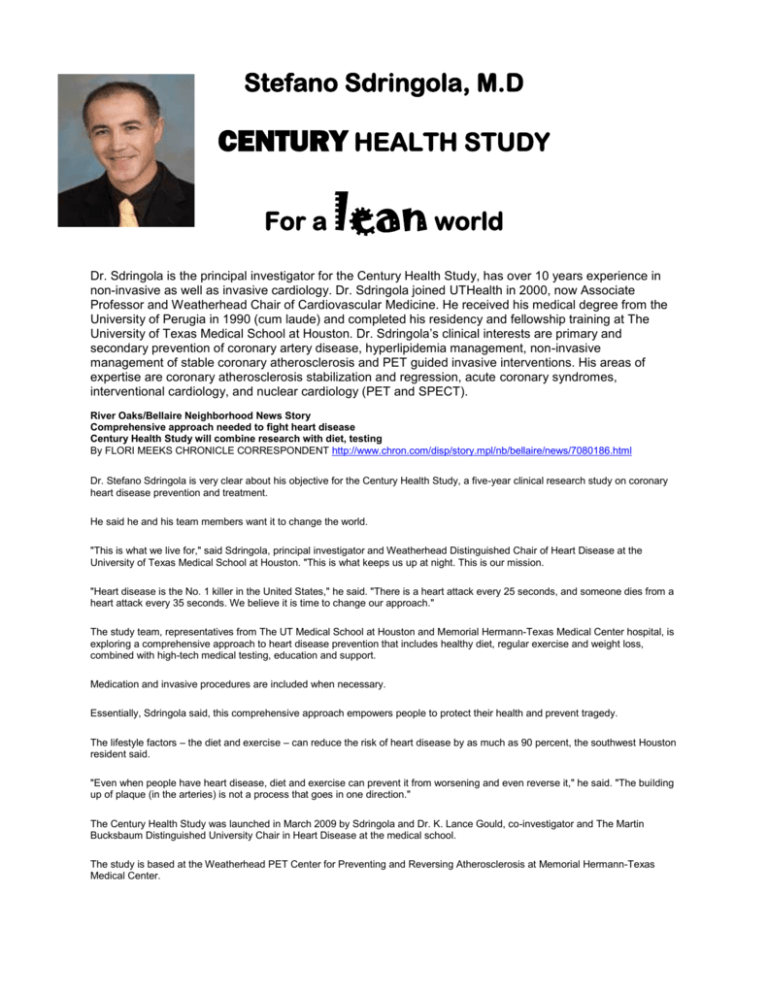
Stefano Sdringola, M.D CENTURY HEALTH STUDY For a lean world Dr. Sdringola is the principal investigator for the Century Health Study, has over 10 years experience in non-invasive as well as invasive cardiology. Dr. Sdringola joined UTHealth in 2000, now Associate Professor and Weatherhead Chair of Cardiovascular Medicine. He received his medical degree from the University of Perugia in 1990 (cum laude) and completed his residency and fellowship training at The University of Texas Medical School at Houston. Dr. Sdringola’s clinical interests are primary and secondary prevention of coronary artery disease, hyperlipidemia management, non-invasive management of stable coronary atherosclerosis and PET guided invasive interventions. His areas of expertise are coronary atherosclerosis stabilization and regression, acute coronary syndromes, interventional cardiology, and nuclear cardiology (PET and SPECT). River Oaks/Bellaire Neighborhood News Story Comprehensive approach needed to fight heart disease Century Health Study will combine research with diet, testing By FLORI MEEKS CHRONICLE CORRESPONDENT http://www.chron.com/disp/story.mpl/nb/bellaire/news/7080186.html Dr. Stefano Sdringola is very clear about his objective for the Century Health Study, a five-year clinical research study on coronary heart disease prevention and treatment. He said he and his team members want it to change the world. "This is what we live for," said Sdringola, principal investigator and Weatherhead Distinguished Chair of Heart Disease at the University of Texas Medical School at Houston. "This is what keeps us up at night. This is our mission. "Heart disease is the No. 1 killer in the United States," he said. "There is a heart attack every 25 seconds, and someone dies from a heart attack every 35 seconds. We believe it is time to change our approach." The study team, representatives from The UT Medical School at Houston and Memorial Hermann-Texas Medical Center hospital, is exploring a comprehensive approach to heart disease prevention that includes healthy diet, regular exercise and weight loss, combined with high-tech medical testing, education and support. Medication and invasive procedures are included when necessary. Essentially, Sdringola said, this comprehensive approach empowers people to protect their health and prevent tragedy. The lifestyle factors – the diet and exercise – can reduce the risk of heart disease by as much as 90 percent, the southwest Houston resident said. "Even when people have heart disease, diet and exercise can prevent it from worsening and even reverse it," he said. "The building up of plaque (in the arteries) is not a process that goes in one direction." The Century Health Study was launched in March 2009 by Sdringola and Dr. K. Lance Gould, co-investigator and The Martin Bucksbaum Distinguished University Chair in Heart Disease at the medical school. The study is based at the Weatherhead PET Center for Preventing and Reversing Atherosclerosis at Memorial Hermann-Texas Medical Center. Before the study is complete, approximately 1,300 participants will have been assigned to one of two groups for comparison. Eligible patients must be at least 40 years old, have sufficient cardiovascular risk factors, symptoms of heart disease or documented coronary heart disease, and be under the care of a family physician or cardiologist. One group receives the current standard of care for coronary heart disease, which includes medications, invasive procedures and regular doctor visits. The other groups receive medications as well, along with procedures as needed, but the care includes education and coaching on a healthy lifestyle. Further, recommendations for lifestyle changes are based on PET – positron emission tomography – scans, nuclear imaging that can be used to diagnose heart disease. The STRIPE group members review the scans with a physician. This factor can be the difference between hearing advice on lifestyle changes and taking that advice to heart, said Sdringola, who also is an attending physician at the Memorial Hermann Heart and Vascular Institute. "When you see something with your own eyes, you suddenly become acutely aware. It's not just words." Another important part of the approach for the STRIPES group is support. Study participants not only get guidelines for diet and exercise, they receive the reasons behind them and suggestions for overcoming obstacles. Ultimately, the changes themselves can provide motivation, Sdringola added. "Once people do start exercising and dieting, they feel better, and they look better." Study participant Bill Sparker said he definitely has felt better since joining the study last March. "I feel fantastic," the 55-year-old Southampton resident said. "I've lost 33 pounds." Sparker, who works in medical sales, has struggled with his weight for years. His mother died of a heart attach when she was 55, and diabetes runs in his family. "I was always scared of it," Sparker said. His wife, Ann Sparker, heard about the study at Memorial Hermann Hospital-Texas Medical Center, where she is a speech pathologist, and strongly encouraged her husband to apply. The process began with a stress test and PET scan. "The doctor (Sringola) actually showed me a graphic display of my heart," said Sparker, who learned he was in the early stages of coronary artery disease. "He said, you could have a heart attack at any time." But Sringola also made it clear that the disease is reversible. Sparker is now on a no-fat diet and began walking three-four days a week. Family has commented on his improved appearance, and he said he feels more energetic and alert. "I'm loving it," Sparker said. "I have two kids in their 20s. I want to be there for them in their future. My family has a terrible history of not doing that. Now I'm optimistic about the future." The Century Health Study will be enrolling patients through 2011. Stefano Sdringola, M.D. Associate Professor NCT and Weatherhead Distinguished Chair of Heart Disease Internal Medicine, Cardiology UT Health Medical School 6431 Fannin, MSB 1.242 Stefano.Sdringola@uth.tmc.edu 713.500.6576
